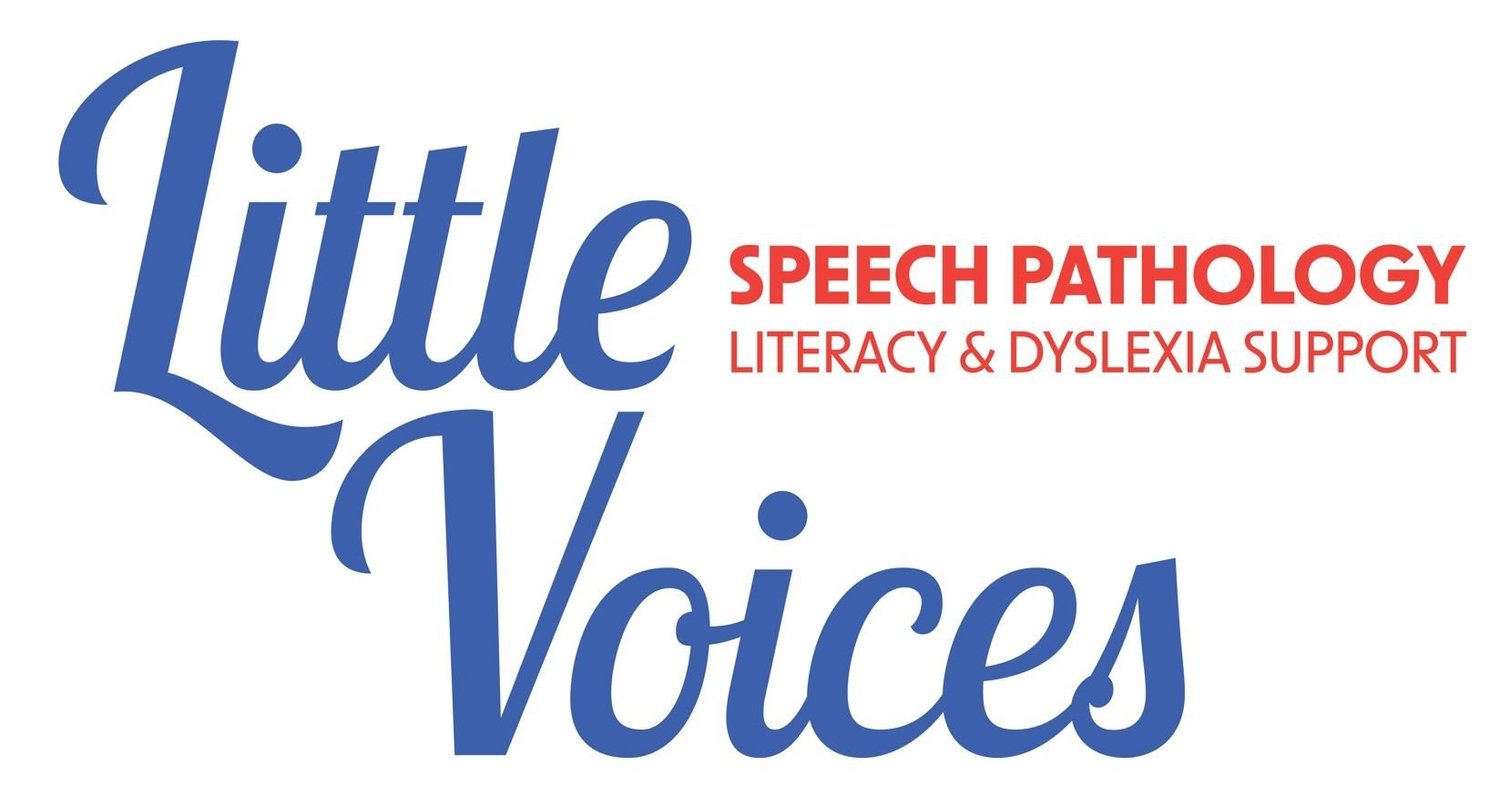The devastating impact of a late dyslexia diagnosis.
Recently I met a lovely 9-year-old boy called Billy. Billy came to my clinic with his mum for an assessment of his reading and writing skills, and to determine whether he has dyslexia. Upon meeting Billy for the first time, he seemed to me to be a typical 9-year-old boy. He wasn’t thrilled to be coming in to do reading and writing, but he was chatty and engaging and willing to come in and do some work with me. To develop rapport we chatted for a bit about his interests, playing Fortnite and Roblox. He loved Pokemon and enjoyed telling me all about characters.
Child frustrated with reading
I asked Billy how he felt about reading and writing. He told me that he hated it, that it was boring, and that he couldn’t do it. He said he loved listening to stories that his parents read to him, and wished he could read. His mum sat next to me as he spoke, with tears in her eyes. She told me that when he started school, he was such a confident, chatty, happy little boy, keen to go off to school and ready to learn. However he slowly started hating school, coming home in floods of tears that he’d been holding in all day, frustrated with not being able to learn, and not knowing why. They both knew Billy was intelligent. He had such great knowledge and could converse well on many topics, had a great vocabulary, and he usually picked up new things quite quickly when he was shown how to do them.
Before Billy came into the session, I had read a number of reports from previous assessments he’d had done with other professionals. Billy had seen Paediatricians, Audiologists and many different Psychologists. In these reports the main focus was on Billy’s behaviour, and that he was prone to angry outbursts, he was oppositional and he wasn’t able to focus on his schoolwork. Billy had funding at school under the category of Severe Behaviour Disorder. He was frequently labelled by individuals at the school “the naughty kid” or other degrading names. Billy’s mum said this devastated her, as she knew he wasn’t naughty, he was just extremely frustrated and angry about not being able to read.
When I assessed Billy, it was evident that he presented with all the standard signs of dyslexia, severe dyslexia. He struggled to identify individual sounds in words, he had very poor letter-sound knowledge, poor working memory and very poor rapid automatic naming (RAN), which is a core deficit area in dyslexia (for more information on RAN and reading click here). Billy was unable to learn to read and write because he had dyslexia, and his school had not been teaching him how to read using an approach that was appropriate for students with dyslexia. He had never been given the chance to learn to read and write, and was then labelled as the problem child with severe behavioural issues. His mum had looked for support outside of school, and he had been having a few months of support in a program designed to teach students with dyslexia, but Billy’s belief in his abilities was so poor that he believed he couldn’t be taught to read and there was no point.
When I explained to Billy and his mum that he had dyslexia and that he hadn’t been supported in the way that children with dyslexia need, they were both in tears. Billy asked “Does that mean I’m not dumb?” We had a chat about what dyslexia is, that people with dyslexia can learn to read with the right support, and that it wasn’t too late for Billy. He was very keen to get started and wanted to work hard to try to learn to read.
Sadly, Billy’s story is not rare. I’ve seen numerous kids just like him, who’ve gone through years of schooling feeling frustrated and angry. For many of them, just like Billy, their frustrations become apparent through negative behaviours and they’re given a label, such as a behaviour disorder. They disengage from schooling and form the belief that they’re stupid and will never learn to read. Their self-worth and belief in themselves is shot to pieces, and it can sometimes take months to rebuild this before we work on learning to read.
It's because of kids like Billy that I have such a passion for advocating for people with dyslexia, and why I’m part of Code Read Dyslexia Network. These kids and families shouldn’t have to go through what Billy has. All schools should be teaching from the beginning of prep, using an explicit and structured approach that works for kids with dyslexia. That way, even if those kids with dyslexia aren’t identified early on, they can still be given the opportunity to learn to read.
On the flip-side of Billy’s story are some good news stories. I have some kids who I’ve been working with since they were in prep, when parents and teachers recognised the signs of dyslexia early on. We’ve all worked together over the years to support the child, teaching the way they need, and they are now successful readers and spellers and luckily will never have to go through what Billy did. Children with dyslexia can learn to read and write, if given the right support from early on.
For more information about dyslexia and early identification check out these links:

